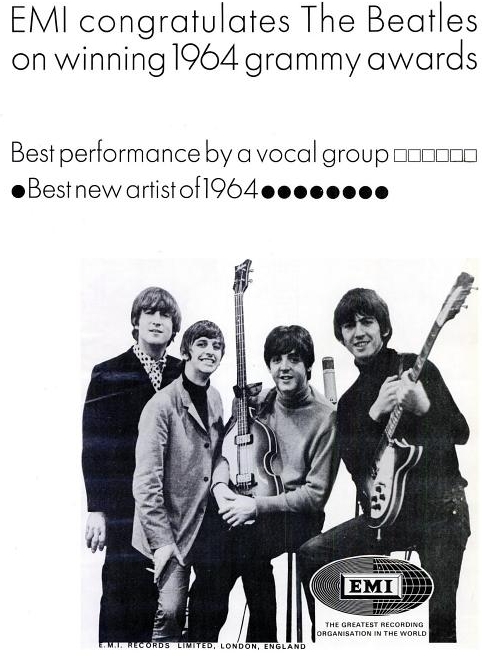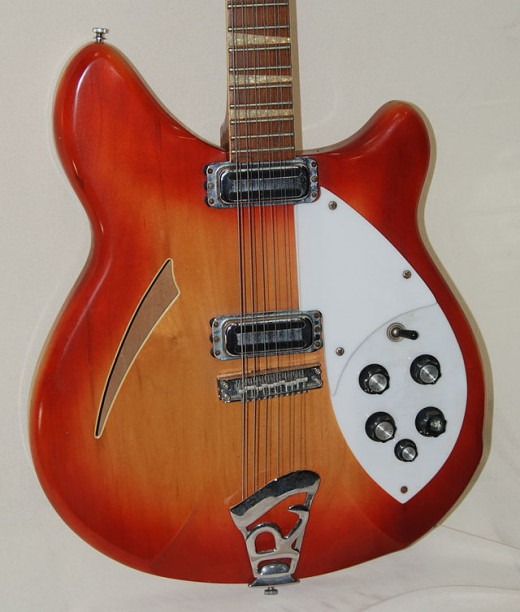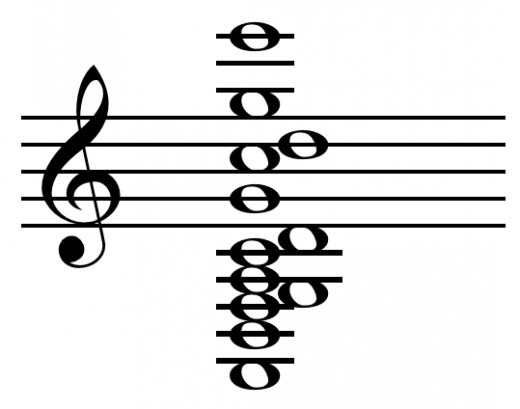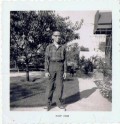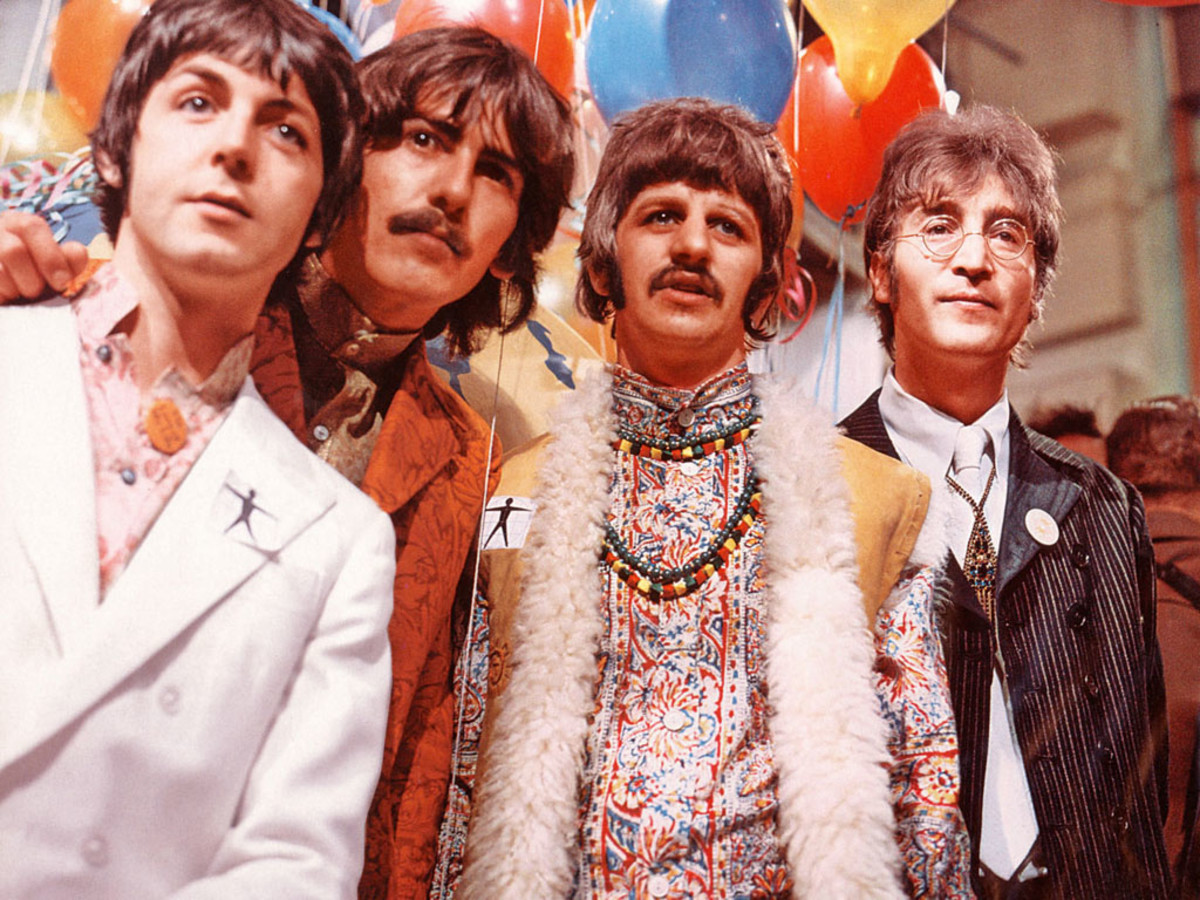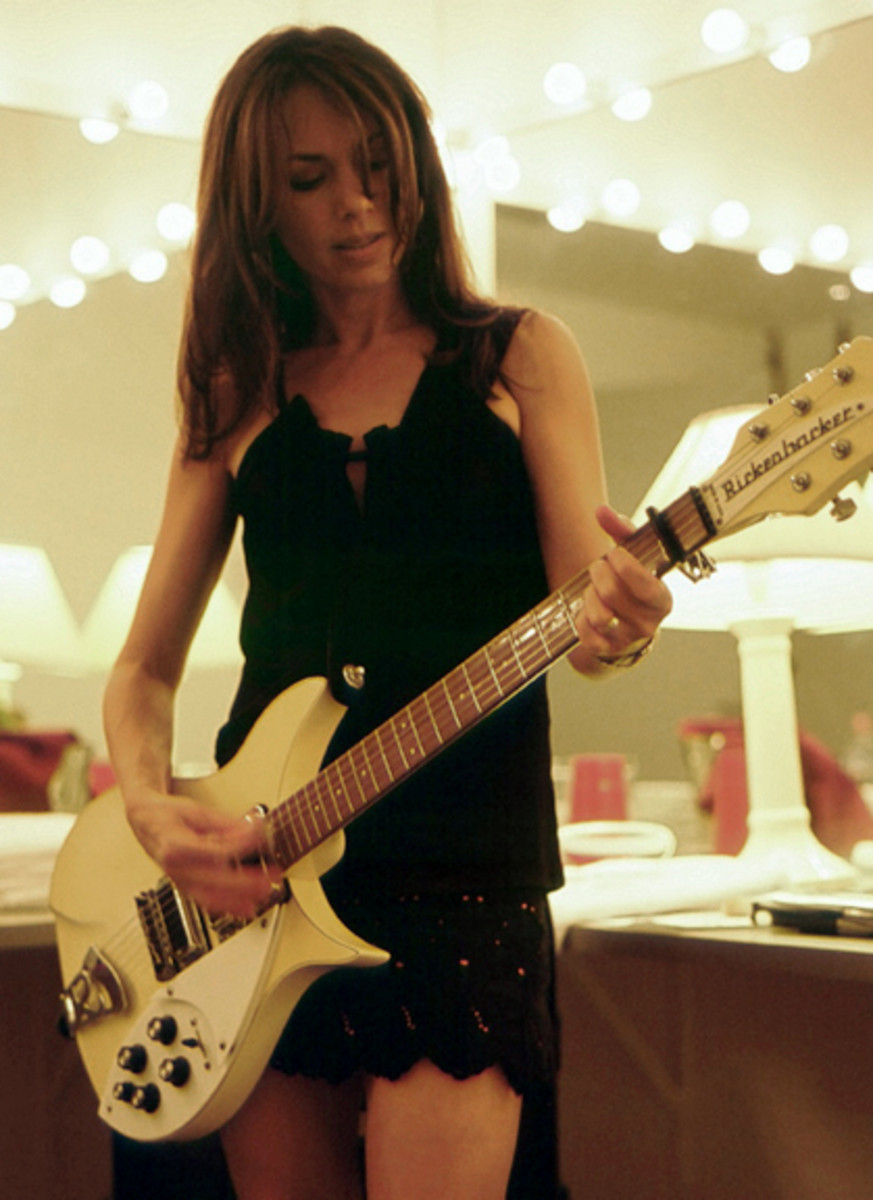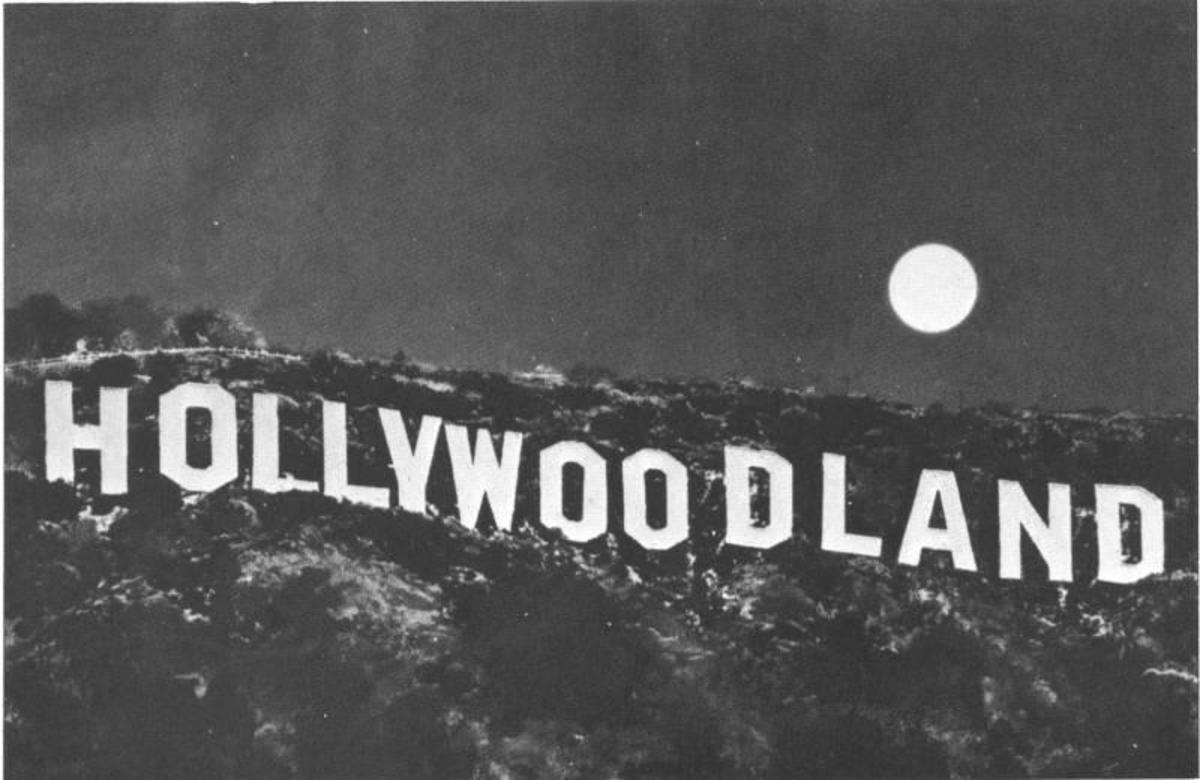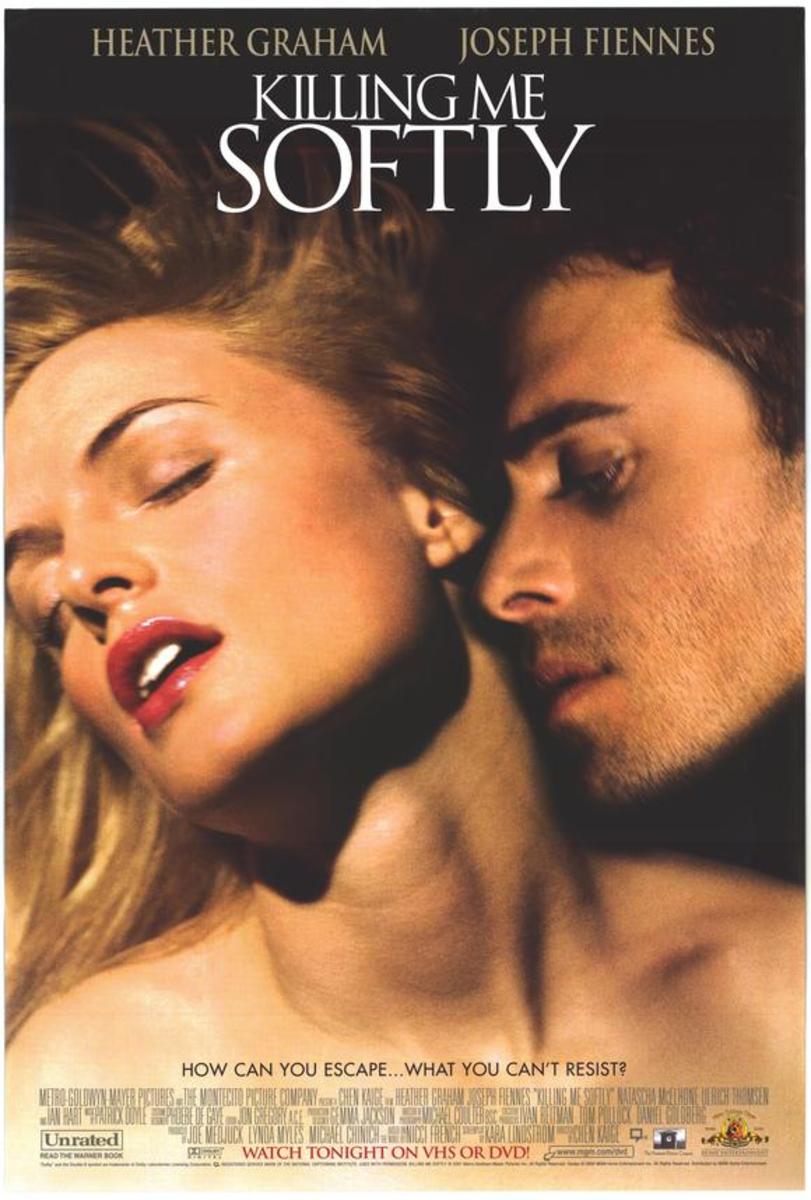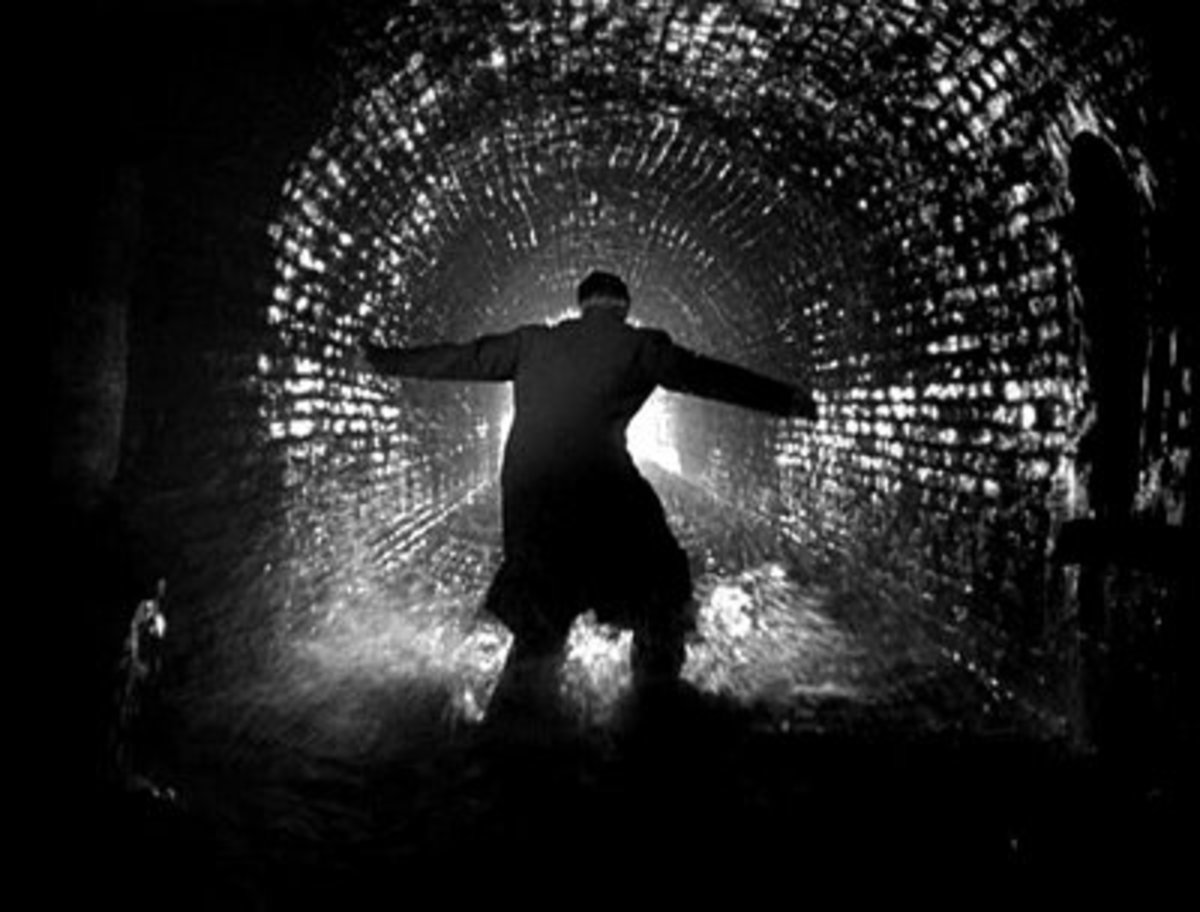The Beatles' 50th Anniversary in Film: A Hard Day's Night
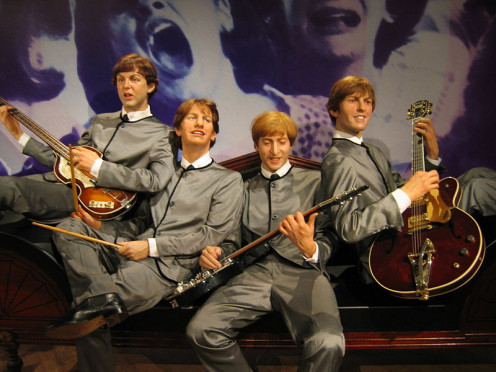
Old Movies are New Again
The human lifespan, must be increasing in general so much that many humans take longevity for granted. I recall seeing Bela Lugosi's Dracula and wondering in awe at the film made "way back in 1931. Three-and-a-half decades felt like a hundred years to a child.
Today, I see films 50 years old and sometimes vaguely remember scenes I personally saw on old black and white TVs. The time that has passed no longer feels like a hundred years, but it does feel a bit like life on another planet. I look forward to again seeing A Hard Day's Night, which is a reference to a long day's work.
The movie began with the familiar chord from George's new 12-string guitar, but after a few minutes, I was in new territory. The film did not seem at all familiar to me. I remembered nothing.
After sitting some time in the theater at the local university's Wexner Arts Center, I began thinking, "Oh, well, I've never seen this one before, really. I saw Help!" This became a new, fun experience. Our city was one of only 120 chosen in which to release the film on the anniversary of its first screening in London UK on July 5-6, 1964.
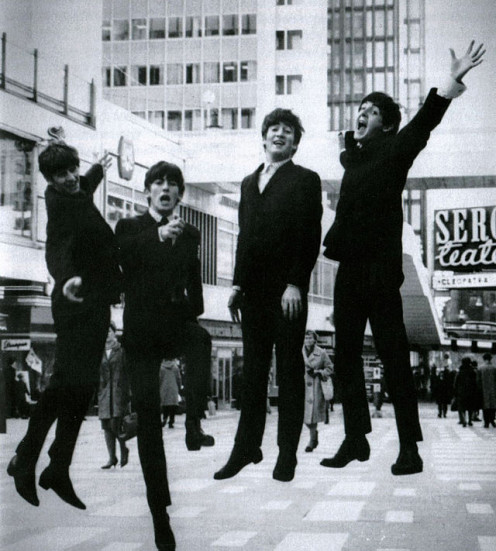
The Rickenbacker 360/12 12-string, Serial Number CM 107
George Harrison received his first Rickenbacker 12-string guitar, finished in Fireglo, during February 1964 and the music-changing first US tour of The Beatles. That guitar was only the second one produced of that make and model by the Rickenbacker company.
Quite a lot of argument accompanies postings of photographs of the famous guitar around the Internet. This includes provenance of production and prototypes, accessories, and who was meant to have it before George.
A tribute band in the UK called The Beatalls includes the 1995 reissue of George Harrison's 12-string, most often played by the tribute musician representing George.


Guitar Solos
What Beatles song has the best guitar solo?
Famous Critical Opinions
World famous movie critic Roger Ebert had much to say about the Beatle's film in 1996. In 2014, his own biography, Life Itself, was released a few days after the remastered A Hard Day's Night was released in America over the Fourth of July weekend. Film history is filling up with current celebrities that are no longer on Earth.
Mr. Ebert wrote that many critics attended the 1964 premier of A Hard Day's Night ready to dislike the film. Many of the Greatest Generation already disliked The Beatles for their hairstyles that were two inches longer than the business-world norm of the early 1960s. Otherwise, dressed in suit with knife-sharp creases in their trousers, the four musicians would be considered almost "establishment" by the standards of the 2010s.
By the end of his review, Roger Ebert had named the film as the foundation that made many of today's filming techniques popular.
The movie is a semi-documentary work, filled with one-liners, Keystone Cop chases, music, and wild fans. He also feels that a scene in which the musicians run and play in a field to the sounds of Can't Buy Me Love gave people the idea for love-ins and happenings in the later 1960s and 1970s. But in 1964, the film was one of innocence, as Ebert reminds us in 1996.
Still unrated for the MPAA, this movie would likely be PG-13, if it were not for the smoking, which requires an R rating. Scenes in dance clubs and meetings include some alcohol, but no drunkenness and the language is mild, with a single curse word and some silly name calling.
A Hard Day's Night happened long ago, before Star Trek®, but after the assassination of John F. Kennedy. It lifted the spirits of many young people, evidenced by the crying and screaming of so many girls in audiences and crowd scenes in the film and on TV at the time. They were having fun as they screamed the names of their favorites among the four musicians - and then often times fainted. Many parents were disgusted.
Ticket to Ride
- Review: "Ticket to Ride" by Graham Sclater; Hamburg ...
Music can be dangerous. Graham Sclater is a music producer who was one of the young British musicians playing 1960s Hamburg, Germany after the Beatles toured. Here is the story of a young band like his and others who lived through the tumultuous Reep
![A Hard Day's Night (The Criterion Collection) [Blu-ray + DVD]](https://m.media-amazon.com/images/I/614aEtDLtkL._SL160_.jpg)
Modern Screenings
At the art center theater, the audience was babbling incessantly before the screening.
The auditorium was about three-quarters full of people that looked to be Boomers and twenty-somethings and the younger women were babbling about the excitement of seeing the 1964 film. They drowned out much of the music playing before the screening, as well as old interviews that would have been interesting to hear. However, the film made up for the loss.
Wilfrid Brambell (1912, Ireland – 1985, London) as Paul McCartney’s tag-along grandfather was hilarious and one of the funniest people in the film. Paul pegged his fictional Irish Granddad as a mixer and a troublemaker and he was all of that and quite a comedian.
A humorous sequence in the movie included Granddad stealing Ringo’s invitation to a casino and borrowing a hotel butler’s attire to attend it. This is much reminiscent of TV sitcom and Marx Brother’s type comedy, with a touch of Benny Hill added. Later, Granddad is arrested and upon release, handcuffed to various fixtures, including theater seats and a helicopter.
Brambell played the father in Steptoe and Son (the British original of the American Sanford and Son junk yard comedy). In Steptoe, his character was called a “dirty old man”, so in the Beatles film, a running joke was that Granddad was very clean. Brambell recorded tribute records for both Steptoe and The Beatles (1971, Time Marches On).
All the managers of The Beatles are portrayed by actors in the film, but some of their management and crew took uncredited cameo parts.
Critical reviews of the film have been largely positive since 1964, when it was a box office hit in London. In 2005, Time Magazine named A Hard Day’s Night as one of the 100 Best Films of the last 80 years (1925 – 2005).
After viewing the film, I almost wished I could go back to 1964.
Also by Director Richard Lester
Some other successful films by this director include the following:
The Running Jumping & Standing Still Film (1960) - This film probably led to all the running, jumping, and standing in A Hard Day's Night.
The Mouse on the Moon (1963) - Parody of the Cold War and Space Race.
Help! (1965) - The second Beatles film.
The Knack and How to Get It
How I Won the War - Co-starring John Lennon in an anti-war film.
The Three Musketeers
The Four Musketeers
The Return of the Musketeers
Superman I, II and III
Get Back - for Paul McCartney
